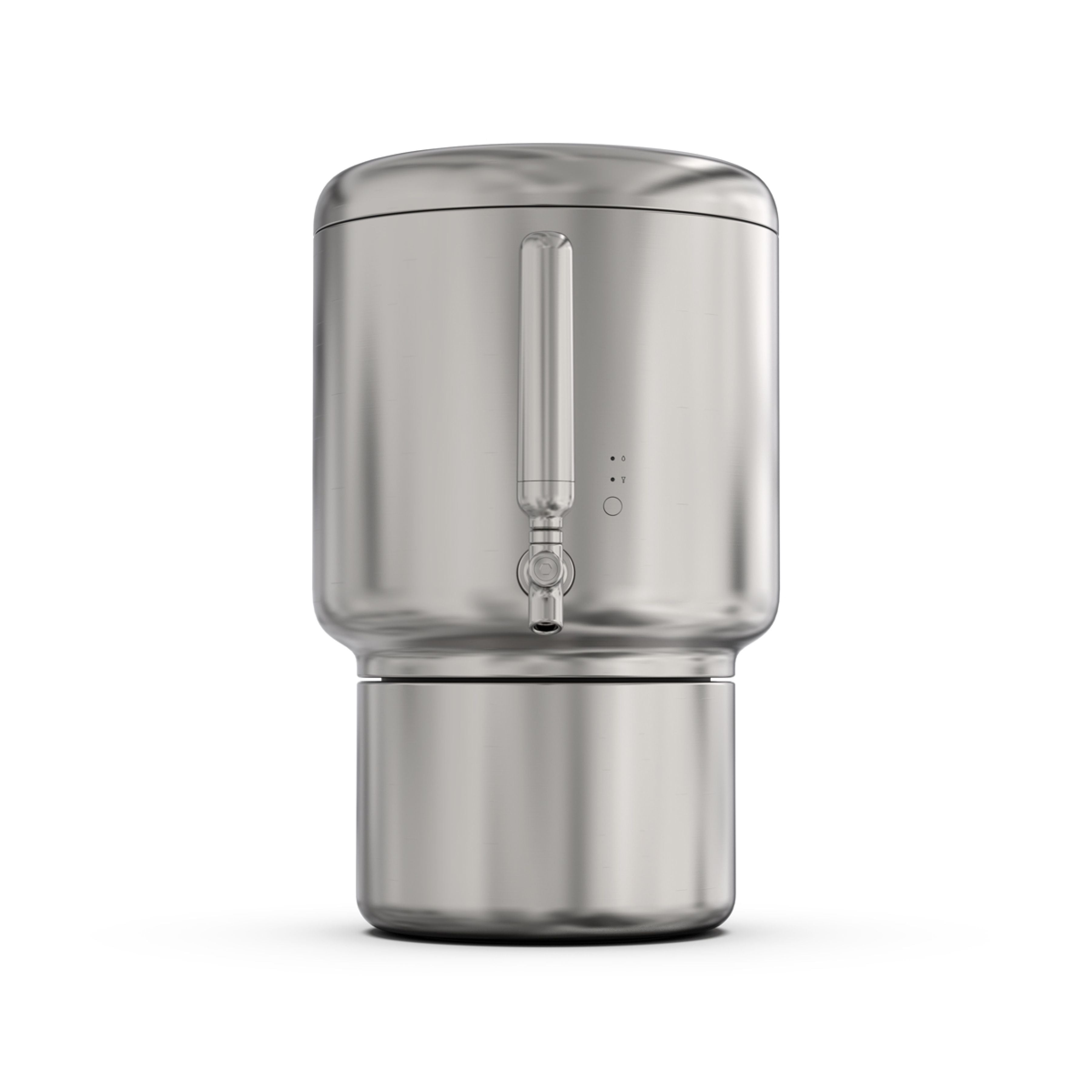PFAS: The "Forever Chemicals" Hiding in Your Water

Alright, let’s cut straight to the point. We all trust that when we turn on the tap, the water flowing into our glass is clean and safe, right? But here’s the reality: there are chemicals called PFAS lurking in water supplies across the country, and they’re not going anywhere unless we do something about it. Don’t worry, we’ve got you covered. At Rorra, we’re not just about filtering water—we’re about protecting your health and giving you peace of mind. Let’s break this down.
What Are PFAS?
PFAS (that’s short for per- and polyfluoroalkyl substances) are man-made chemicals that have been used in everything from non-stick pans to waterproof jackets and even firefighting foam since the 1940s. Sound familiar? Probably—these chemicals are in a lot of everyday products. The problem? Once they’re made, they don’t break down. Ever. They stick around in the environment, in your water, and eventually, in your body. That’s why they’ve earned the nickname “forever chemicals.” Not exactly something you want in your drinking water, right?
How Do PFAS Get Into My Water?
Here’s where things get tricky. PFAS are released into the environment through industrial waste, landfills, and even the use of firefighting foam. They travel through water systems, infiltrating rivers, lakes, and groundwater—eventually showing up in your tap. So, even if you live far from a factory, there’s a good chance PFAS are still finding their way into your water supply. And once they’re in, they’re tough to get out.
Heading

This map shows the locations of 41,828 industrial and municipal sites that are known to produce or use, are suspected of using, or are a suspected source of the toxic fluorinated chemicals known as PFAS. Map provided by the EWG.
Why Should You Care About PFAS?
Now, you might be thinking, “Okay, but how bad can it be?” Well, pretty bad. PFAS have been linked to some serious health issues, including higher cholesterol, a weakened immune system, developmental problems in children, and even cancer. Here’s the kicker: they don’t just pass through your body—they accumulate over time. That means the more you’re exposed, the more they build up in your system. It’s not a risk you want to take.
Why Are PFAS So Hard to Remove?
You’re probably wondering, “Why can’t my regular water treatment system just take care of this?” It’s a fair question. The thing is, PFAS are chemically designed to resist breaking down, which makes them nearly impossible to remove with traditional filtration methods. They’re resilient, stubborn, and, frankly, unwelcome. That’s where Rorra comes in.
Our Enfinity™ Filter isn’t just another water filter. It uses cutting-edge electrokinetic nanofiber technology (fancy, we know) that’s specifically designed to target and trap PFAS, along with other contaminants that you don’t want anywhere near your glass. We’re talking serious filtration power. And to back it up, we’re in the process of getting our system NSF-certified, so you’ll have the proof that it works exactly as we say it does.

Rorra Countertop System
+ Filter Subscription

Rorra Countertop System
What Can You Do About PFAS Right Now?
So, what’s your next step? You could hope that your water’s clean enough—but let’s be real, that’s not exactly a risk worth taking. Instead, why not take control? With the Rorra Countertop System, you don’t need to worry about complicated installation or plumbing. Just set it up, and you’re good to go. It’s elegant effective, and it’ll significantly reduce PFAS and dozens of other contaminants, giving you clean, safe water whenever you need it. Because protecting your health should be simple—and with Rorra, it is.
Key Takeaways:
PFAS are "forever chemicals" that don’t break down and can end up in your drinking water.
They’re linked to serious health risks, from cancer to immune system issues, and they build up in your body over time.
Most traditional water treatment systems can’t remove PFAS, but Rorra’s Enfinity™ Filter can.
The Rorra Countertop System offers an easy, hassle-free way to ensure your water is safe from harmful contaminants.

